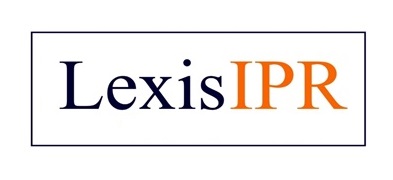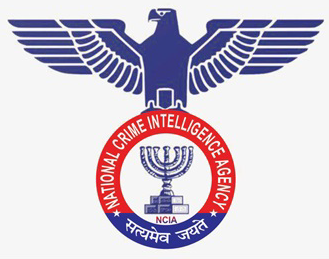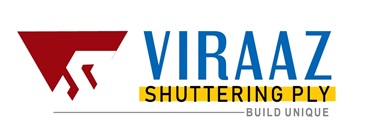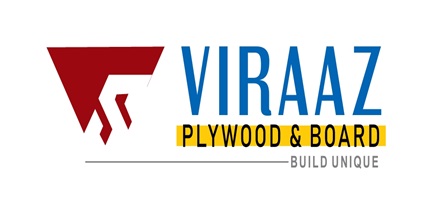Retail & Wholesale
Civil litigation, Criminal , Commercial Litigation, Arbitration Proceedings, Intellectual Property Rights , Personal & Family Litigation, Income Tax Litigation, GST , Company Law , Consumer Case , Mediation & Conciliation.
3000 +
Happy clients
300 +
Advocate, CA, CS
10 +
Associates Offices
Request A Call Back
Retail & Wholesale
About Retail & Wholesale Industry
Retailing in India is one of the pillars of its economy and accounts for about 10 percent of its GDP. The Indian retail market is estimated to be US$ 600 billion and one of the top five retail markets in the world by economic value. India is one of the fastest growing retail markets in the world, with 1.2 billion people. As of 2003, India’s retailing industry was essentially owner manned small shops. In 2010, larger format convenience stores and supermarkets accounted for about 4 percent of the industry, and these were present only in large urban centers. India’s retail and logistics industry employs about 40 million Indians (3.3% of Indian population).

Until 2011, Indian central government denied foreign direct investment (FDI) in multi-brand retail, forbidding foreign groups from any ownership in supermarkets, convenience stores or any retail outlets. Even single-brand retail was limited to 51% ownership and a bureaucratic process. In November 2011, India’s central government announced retail reforms for both multi-brand stores and single-brand stores. These market reforms paved the way for retail innovation and competition with multi-brand retailers such as Walmart, Carrefour and Tesco, as well single brand majors such as IKEA, Nike, and Apple. The announcement sparked intense activism, both in opposition and in support of the reforms. In December 2011, under pressure from the opposition, Indian government placed the retail reforms on hold till it reaches a consensus.
Indian government continues the hold on retail reforms for multi-brand stores. In June 2012, IKEA announced it had applied for permission to invest $1.9 billion in India and set up 25 retail stores. An analyst from Fitch Group stated that the 30 percent requirement was likely to significantly delay if not prevent most single brand majors from Europe, USA and Japan from opening stores and creating associated jobs in India.
On 14 September 2012, the government of India announced the opening of FDI in multi-brand retail, subject to approvals by individual states. This decision was welcomed by economists and the markets, but caused protests and an upheaval in India’s central government’s political coalition structure. On 20 September 2012, the Government of India formally notified the FDI reforms for single and multi-brand retail, thereby making it effective under Indian law. Some states will allow foreign supermarkets like Walmart, Tesco and Carrefour to open while other states will not
Policy Regime
In January 2012, India approved reforms for single-brand stores welcoming anyone in the world to innovate in Indian retail market with 100% ownership, but imposed the requirement that the single brand retailer source 30 percent of its goods from India. On 7 December 2012, the Federal Government of India allowed 51% FDI in multi-brand retail in India. The government managed to get the approval of multi-brand retail in the parliament despite heavy uproar from the opposition (the NDA and leftist parties).
Major players of the Industries
There are number of retail and wholesale company in India:-
- Wal-Mart Stores, Inc.
- Costco Wholesale Corporation.
- Kroger Company
- Walgreens Boots Alliance, Inc.
- Tesco PLC
- Carrefour SA.
- com
- Metro Group AG
- Aditya Birla Retail.
- McDonald’s.
- Trent Ltd.
- ITC-LRBD.
- Shoppers Stop.
- Provogue India Ltd.
- Pantaloons retail Limited.
- Reliance Retail Limited.
Legal services of Preach Law LLP
The firm provides advice on cutting-edge issues that cover multiple legal and business disciplines. Our expertise and understanding of the business is the foundation for providing full range of legal services including:
- Arbitrations & Litigation
- Foreign Investments
- Regulatory
- Structuring
- Offset policy
- Statutory Compliances
- Joint Ventures
- Contracts
- Teaming Agreements
- Auction/Bid Management etc.
- Tax & Regulatory Structuring
- Sourcing/Supply and Service Agreements.
- Regulatory Approvals/Representations
- Advisory Services
- Review/Appeal of Administration Decisions.
- FSSAI, PFA and LMA and State government compliances.















































